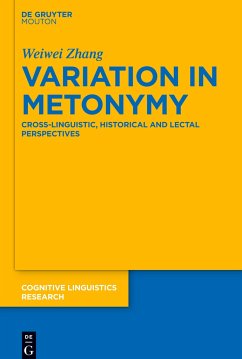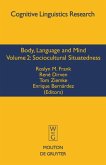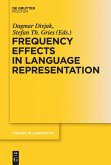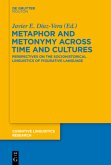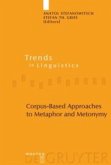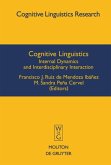The monograph presents new findings and perspectives in the study of variation in metonymy, both theoretical and methodological. Theoretically, it sheds light on metonymy from an onomasiological perspective, which helps to discover the different conceptual or lexical "pathways" through which a concept or a group of concepts has been designated by going back to the source concepts. In addition, it broadens the perspective of Cognitive Linguistics research on metonymy by looking into how metonymic conceptualization and usage may vary along various dimensions. Three case studies explore significant variation in metonymy across different languages, time periods, genres and social lects. Methodologically, the monograph responds to the call in Cognitive Linguistics to adopt usage-based empirical methodologies. The case studies show that quantification and statistical techniques constitute essential parts of an empirical analysis based on corpus data. The empirical findings demonstrate the essential need to extend research on metonymy in a variationist Cognitive Linguistics direction by studying metonymy's cultural, historical and social-lectal variation.

